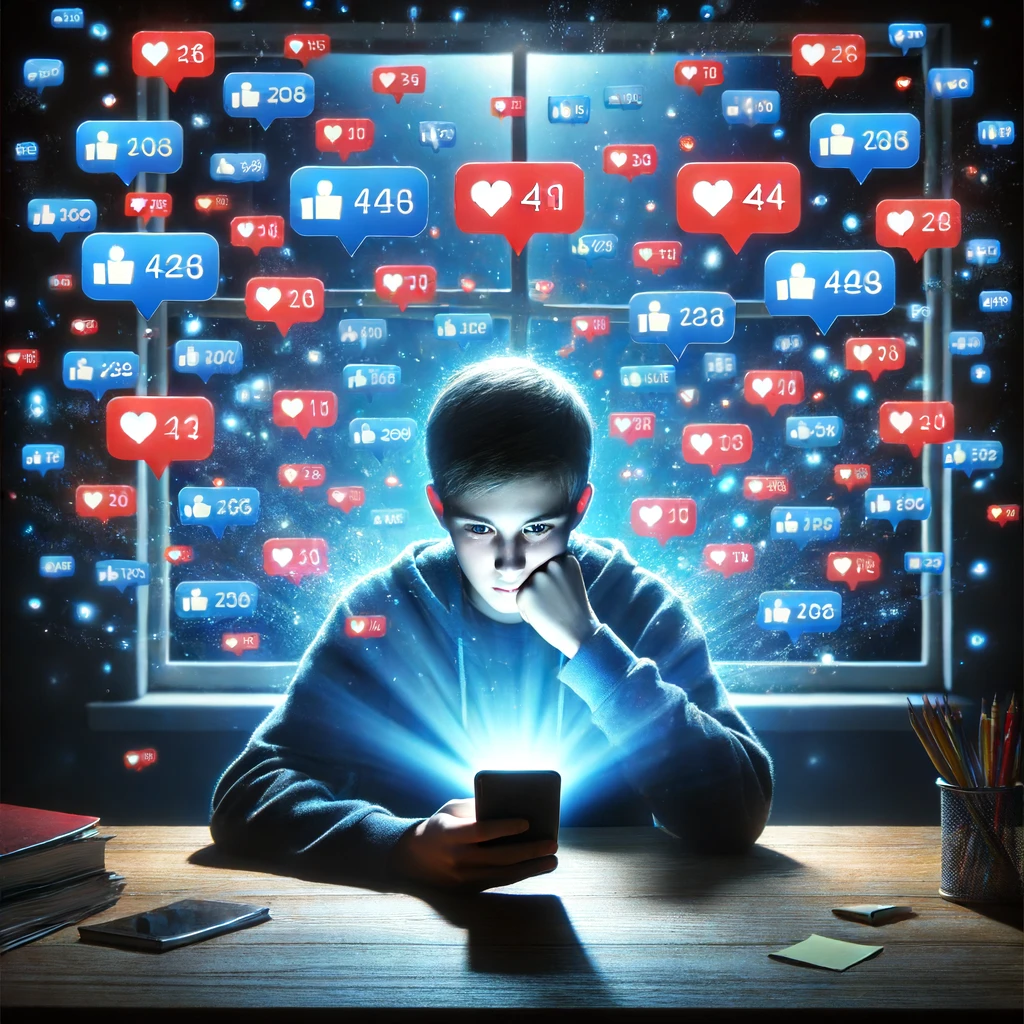Variable Reward Schedules: The Hook
Social media platforms employ algorithms that are designed to hook users by employing a variable reward schedule—similar to slot machines in casinos. Users keep checking their devices because every once in a while, they receive a particularly rewarding piece of content or interaction. This unpredictability keeps the engagement high, as the brain keeps seeking the rewarding stimulus without knowing when it will come.
Social Comparison and Validation
Another psychological factor at play is the natural human tendency to compare oneself to others. Social media platforms are fertile grounds for such comparisons as they predominantly showcase the highlights of others’ lives, leading to feelings of inadequacy and a constant pursuit of validation through likes and comments. This can create a feedback loop where users feel a compulsion to engage continuously with social media to feel validated and accepted.
Fear of Missing Out (FOMO)
FOMO is a powerful motivator in social media addiction. It taps into our innate fear of being left out of important or enjoyable experiences that others are having. This fear can compel users to constantly check their social media feeds to ensure they are not missing out on something significant, which can lead to excessive screen time.
Escapism
For many, social media serves as a means of escapism from the stresses or mundaneness of daily life. By engaging in social media, individuals can temporarily distract themselves from their real-life problems. However, this can also lead to avoidance behaviors where important personal or professional issues are neglected, further exacerbating the dependency on digital interactions as a coping mechanism.
Neurochemical Factors
The act of engaging with social media releases dopamine, a neurotransmitter associated with the reward center of the brain, which provides feelings of pleasure and satisfaction. This dopamine release can make social media interaction addictive, similar to other behaviors that produce a dopamine rush such as gambling, shopping, or gaming.
Strategies to Mitigate Social Media Addiction
- Awareness and Acknowledgment: Recognizing and accepting that you might be experiencing social media addiction is the first step towards addressing it.
- Setting Boundaries: Implement practical measures such as designated no-phone zones, scheduled social media check-ins, and turning off notifications to reduce constant connectivity.
- Mindful Usage: Engage with social media intentionally, questioning the purpose of each interaction.
- Alternative Activities: Replace social media usage with healthier activities like physical exercise, reading, or engaging in hobbies that enrich rather than deplete your energy.
- Seek Professional Help: If social media addiction is significantly impacting your life, consulting a mental health professional can provide strategies to manage and overcome the addiction.
Conclusion
Understanding the psychological underpinnings of social media addiction is crucial for developing effective strategies to combat it. By acknowledging the impact it has on mental health and implementing targeted interventions, individuals can regain control over their digital lives, leading to improved well-being and healthier social interactions.


